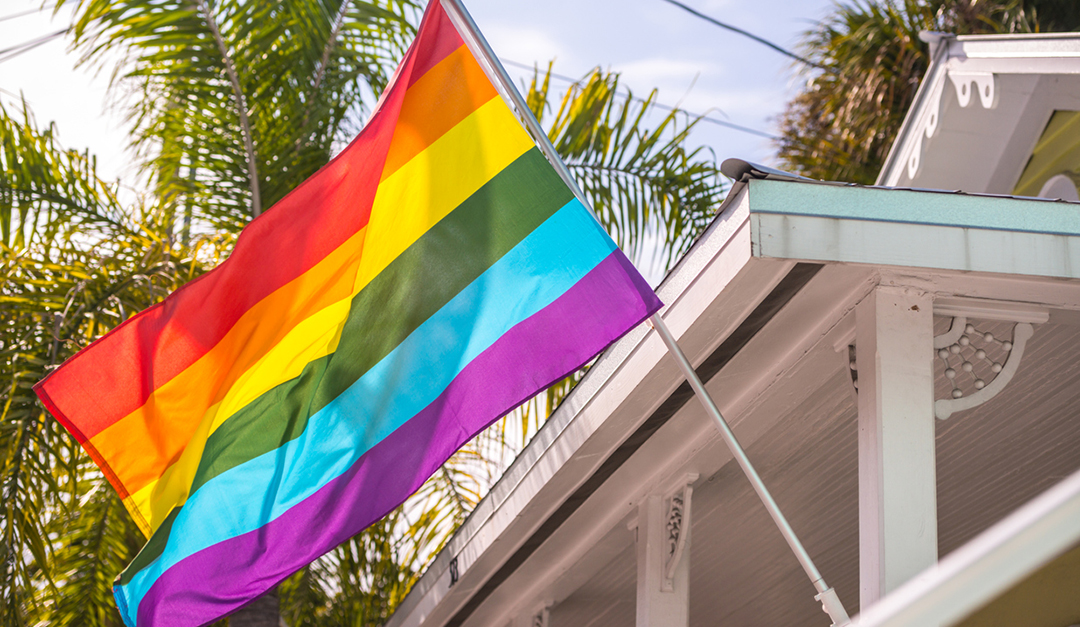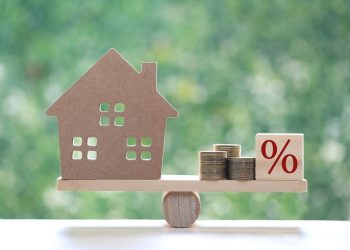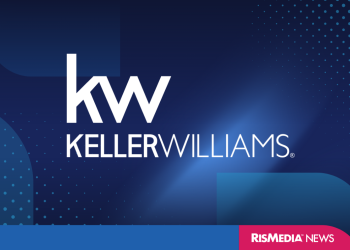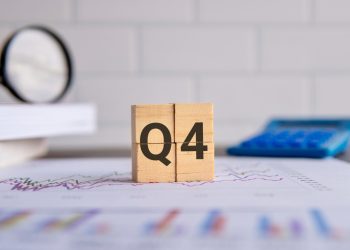When it comes to homeownership, discrimination fears are impeding LGBT renters, who are concerned about navigating the process, and how their neighborhood would receive them, new research reveals.
According to the National Association of Gay and Lesbian Real Estate Professionals 3rd Annual LGBT Real Estate Report—in collaboration with Freddie Mac—discrimination is a fear for 46 percent of LGBT renters. Although the Code of Ethics of the National Association of REALTORS® bans discrimination due to sexual orientation and/or gender identity, federal law has yet to mandate those protections, and there are concerns about current policy.
“Fifty-eight percent of our members believe the current White House administration’s policies on LGBT issues are having a negative impact on the community’s confidence to buy or sell a home,” says Jeff Berger, founder of NAGLREP.
For home-buying LGBTs, common concerns include “how welcoming community and neighbors may be” (44 percent); “how community/neighborhood would react if they started a family” (40 percent); and caution “in hiring right professionals,” such as an agent or lender (36 percent).
Those fears are manifesting in tangible ways. Homeownership among the LGBT segment sits at 49 percent, 16 percent less than the national rate, which is 65 percent. While there have been gains since the legalization of same-sex marriage in 2015—55 percent of members of NAGLREP believe more married LGBTs are becoming homeowners as a result—anxiety about being denied a mortgage (20 percent of members) or the lowest possible rate (13 percent) persists. Moreover, for home-buying LGBTs, their choice of neighborhood predominantly revolves around safety.
The gap in homeownership has implications for the industry as a whole. According to the report, LGBTs have $917 billion in buying power, and the aspiration for a home of their own is palpable (72 percent). Fifty-two percent anticipate buying a home in the next five years, contingent on the expansion of fair housing protections. The majority (53 percent) of members of NAGLREP believe these will pass in the next 2-4 years, and an additional majority (22 percent) believe that the homeownership level for LGBTs will rise 5-9 percent in tandem. A large majority (86 percent) believe homeownership for LGBTs will reach 55 percent in 2-10 years.
“The Equality Act was recently reintroduced in Congress, and if passed would amend the Civil Rights Act of 1964 to prohibit discrimination on the basis of sexual orientation and gender identity in employment, housing, public accommodations, public education, federal funding, credit and the jury system,” Berger says. “NAGLREP members believe removing housing discrimination as a barrier of entry would pave the way for substantial LGBT homeownership increases.”
The bill is endorsed by NAGLREP and other industry players, including NAR, Realogy and Wells Fargo. From April 10-11, NAGLREP will host the LGBT Housing Policy Summit in Washington, D.C.
“The report showcases many of the challenges LGBTs face today in their journey to homeownership, but we also see the opportunity for all of us in the real estate industry to embrace and educate the LGBT community as we now have a greater understanding of what drives their concerns,” says Berger. “The report will fuel discussions at our April 10-11 LGBT Policy Summit in Washington, D.C., along with how we can impact change at the local, state and national levels.”
For more information, please visit www.naglrep.com.
 Suzanne De Vita is RISMedia’s online news editor. Email her your real estate news ideas at sdevita@rismedia.com.
Suzanne De Vita is RISMedia’s online news editor. Email her your real estate news ideas at sdevita@rismedia.com.











